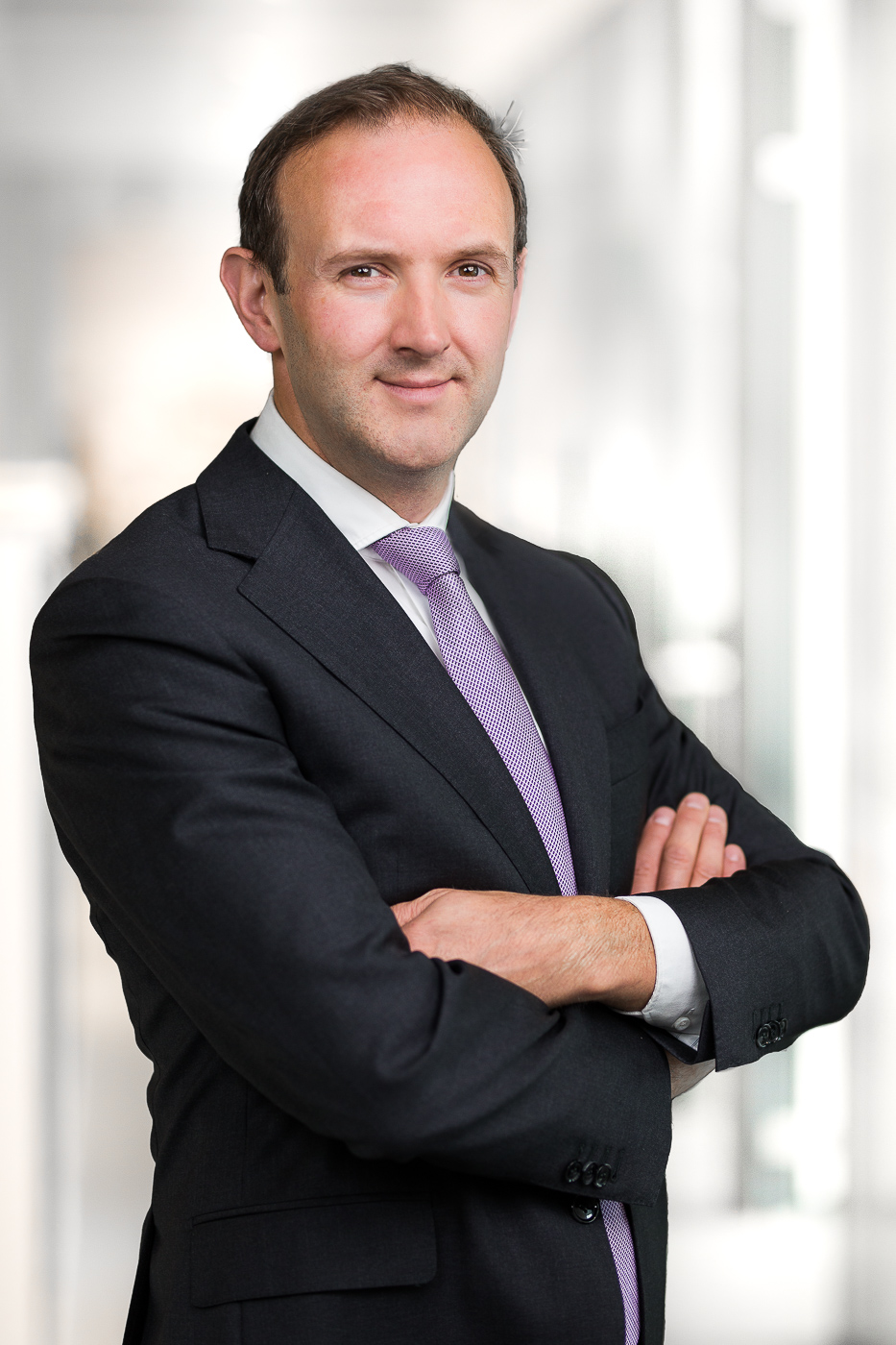The right to refuse to give evidence
Dutch obligation to give evidence as a witness
In the Netherlands, there is an obligation to give evidence as a witness if a court has summoned someone to do so. This obligation is based on the general social importance of establishing the truth and serves to protect the interests of the party that relies on the witness.
Who has the right to refuse to give evidence?
In some cases, a witness can invoke a right to refuse to give evidence. In such case, he will not have to testify and may remain silent. The following witnesses may invoke the right to refuse to give evidence:
- persons who are relatives of one of the parties to the proceedings (think of spouses, children, and parents);
- persons who by giving evidence have to confess criminal offences for which they or one of their relatives may be prosecuted;
- persons with a professional duty of confidentiality such as a doctor, a lawyer or a clergyman. They are professionals entitled to privilege.
Overriding the right to give evidence as a witness
The right to refuse to give evidence as a witness is not an absolute right, however. According to case law of the Dutch Supreme Court, very exceptional situations may occur in which the importance of the truth coming to light has to prevail over the interest in preserving the professional duty of confidentiality. Various factors play a part in determining whether or not there is a situation that justifies overriding the right to refuse to give evidence, for example if the person entitled to refuse to give evidence as a witness is suspected of a serious criminal offence himself; the nature, scope and context of the information requested; the importance of the (criminal) case concerned, and whether the relevant information can be obtained in any other way.
Right of non-disclosure of journalists
Journalists do not have a professional privilege (i.e. they are not obliged to observe confidentiality by virtue of the law), but under certain circumstances that can rely on the protection of journalistic sources. This source protection arises from the European Convention for the Protection of Human Rights, which contains the right for a journalist to refuse to answer any questions if this were to result in his source becoming known. However, the court does not have to honour this right if it is of the opinion that disclosure of the source is necessary given the connection with an overriding interest. The Source Protection in Criminal Cases bill, in which the right of non-disclosure of journalists is set out, is currently being dealt with by the Second Chamber of the Dutch Parliament.


